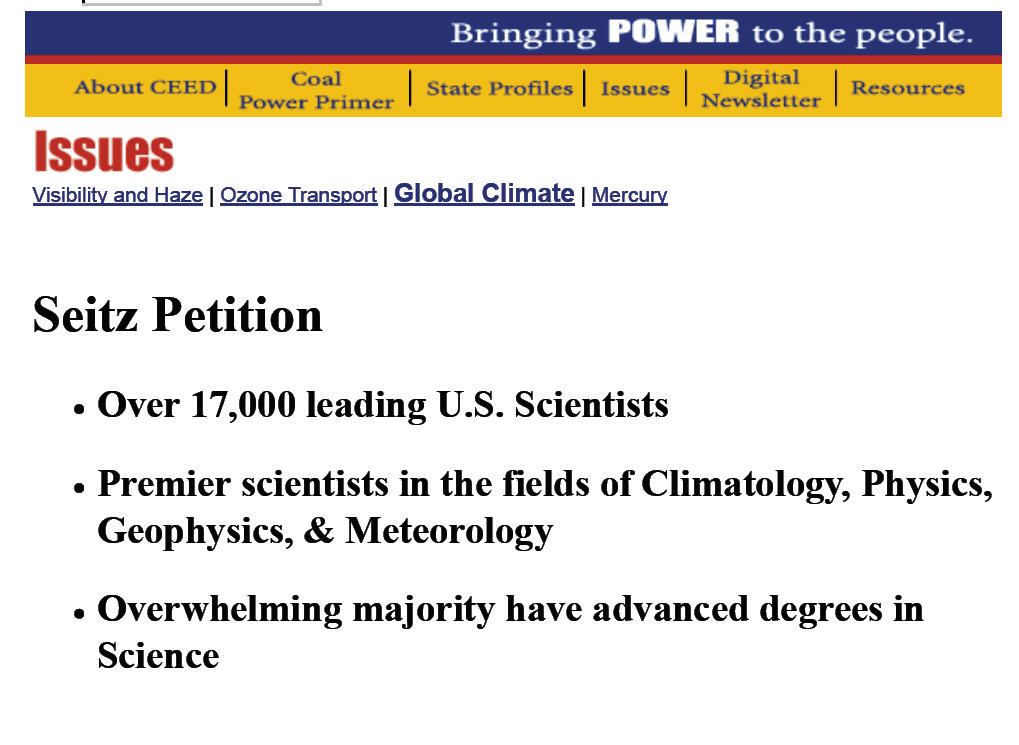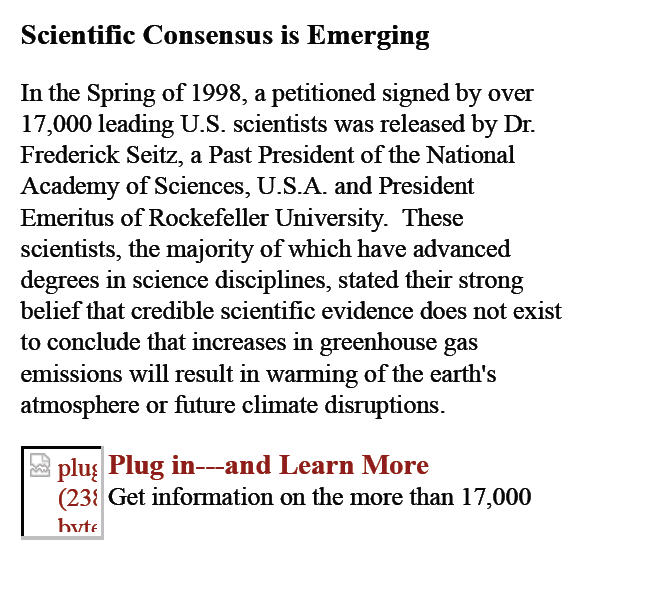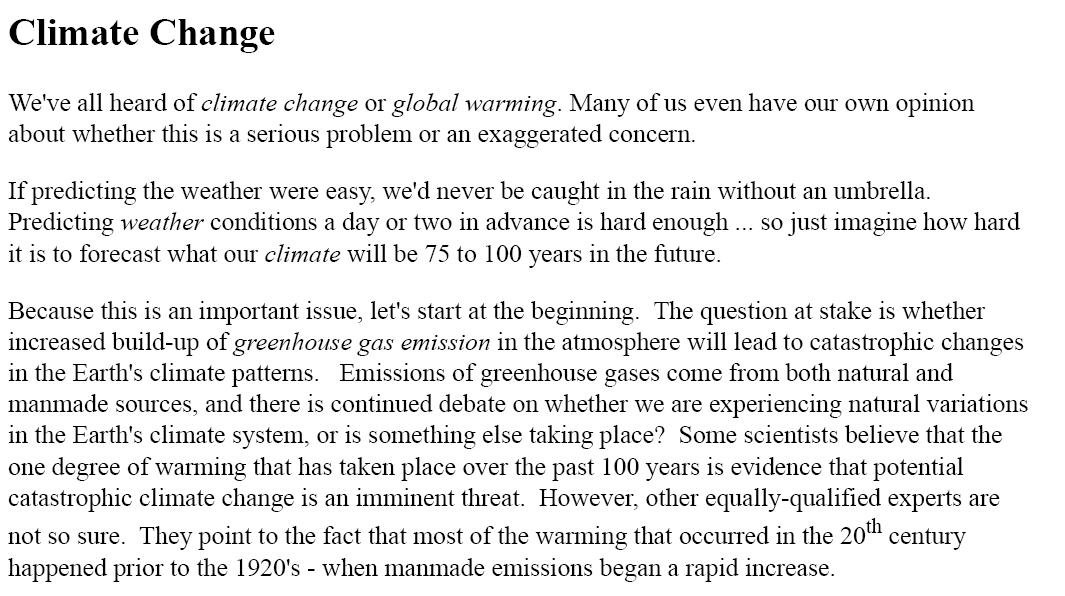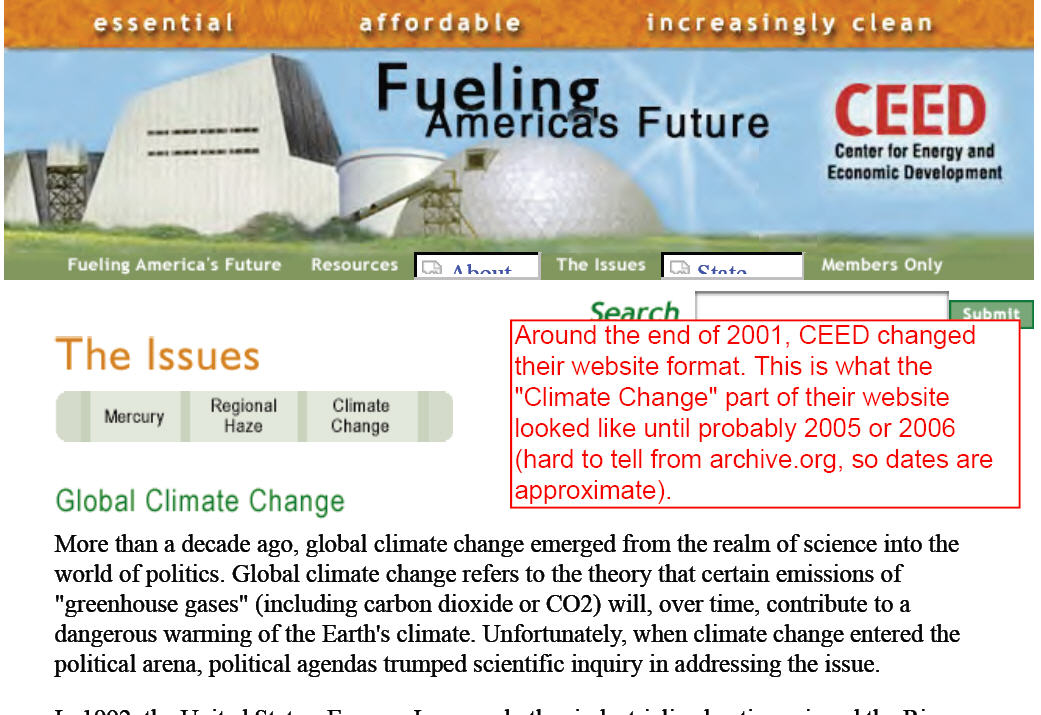According to archived web data:
“The Center for Energy and Economic Development (CEED) began in 1992 as a partnership between the U.S. coal and rail industries. CEED‘s membership has grown dramatically. Utilities, equipment manufacturers, labor unions, and others have also joined in the effort.”
The Center for Energy and Economic Development (CEED) began in 1992 as a partnership between the U.S. coal and rail industries. The president of CEED was Stephen L. Miller and the founding chairman of the board was John Snow, President and CEO of CSX Corporation Snow explained that CEED was formed because, “our nation’s most abundant energy resource was under attack, placing our energy security in jeopardy. Something more had to be done.”
With CSX being a major transporter of coal to electricity plants, Snow also would have seen any greenhouse gas regulations as a serious blow to his company’s bottom line.
CEED‘s early battles focused on plant siting and opposing state environmental externality initiatives. With early wins under its belt and new issues on the horizon, CEED proved to be an effective advocate on behalf of coal-based electricity generation.
Center for Econmic and Energy Devlopment (CEED) and Climate Change
The Center for Energy and Economic Development (CEED) began in 1992 as a partnership between the U.S. coal and rail industries. The president of CEED was Stephen L. Miller and the founding chairman of the board was John Snow, President and CEO of CSX Corporation Snow explained that CEED was formed because, “our nation’s most abundant energy resource was under attack, placing our energy security in jeopardy. Something more had to be done.” With CSX being a major transporter of coal to electricity plants, Snow also would have seen any greenhouse gas regulations as a serious blow to his company’s botton line.
CEED has a long history of involvement in the efforts to bring into doubt the realities of climate change and the need to regulate greenhouse gas emissions:
CEED produced two “educational” videos on climate change. The first was called “America Speaks Out” which promised to “tell the personal stories of real-life Americans who will be negatively affected by this flawed treaty that even the world’s scientists can’t agree is necessary.”
“The second video was called “A Flawed Treaty Impacts America” that showed how a flawed international negotiations process produced a flawed treaty—the Kyoto Protocol.” And how, “if implemented, the Kyoto Protocol, or Global Climate Treaty, could negatively impact our economy and sovereignty.”
CEED produced and marketed a report released in 1998 called “Broken Promises-Shattered Dreams.” The report argued that the Kyoto Accord is “just plain wrong: wrong in its science, wrong in its approach, wrong to surrender, wrong for America.” The report goes on to make most of the typical (and disproven) arguments used by industry and industry-sponsored sceintists to argue against regulating greenhouse gas emissions. For example, the CEED report agrues that:
i. CO2 only makes up about 3% of the atmosphere and therefore cannot play a siginificant role in climate change.
ii. C02 is a basic building block of life, so how could it be considered a pollutant.
iii. Scientists predicted global “cooling” before they predicted global “warming.”
iv. Climate change is nothing more than natural variations in temperature.
CEED archived webpage screenshots:
CEED actively marketed the Oregon Petition and Tobacco Scientist Frederick Seitz
CEED called to the thoroughly discredited Oregon Petition as the “Seitz Petition” in reference to the originator of the petition, Dr. Fred Seitz. Prior to his work with conservative think tanks on climate change, Seitz was the prinicpal scientific advisor to the RJ Reynolds medical research program. But as far back as 1989, the tobacco industry believed that the elderly Seitz (who is now deceased) was “not sufficiently rational to offer advice.”
CEED archived webpage screenshots:
In 2001, CEED was still marketing the message that there remained a high degree of uncertainty around the realities of climate change and what scientists were concluding.
CEED archived webpage screenshots:
According to our best assessment based on archived web data, CEED continued to spread the message that the realities of climate change were in doubt amongst scientists and that it would not be prudent to introduce greenhouse gas emission reduction strategies until the end of 2006.
Up until 2006, the CEED website stated on climate change that:
“We’ve all heard of climate change or global warming. Many of us even have our own opinion about whether this is a serious problem or an exaggerated concern.
If predicting the weather were easy, we’d never be caught in the rain without an umbrella. Predicting weather conditions a day or two in advance is hard enough … so just imagine how hard it is to forecast what our climate will be 75 to 100 years in the future.”
And,
“Some scientists believe that the one degree of warming that has taken place over the past 100 years is evidence that potential catastrophic climate change is an imminent threat. However, other equally-qualified experts are not so sure. They point to the fact that most of the warming that occurred in the 20th century happened prior to the 1920’s – when manmade emissions began a rapid increase.”
CEED archived webpage screenshot:
CEED claimed in the “global climate change” section of their website that:
“More than a decade ago, global climate change emerged from the realm of science into the world of politics. Global climate change refers to the theory that certain emissions of “greenhouse gases” (including carbon dioxide or CO2) will, over time, contribute to a dangerous warming of the Earth’s climate. Unfortunately, when climate change entered the political arena, political agendas trumped scientific inquiry in addressing the issue.”
CEED archived webpage screenshot:
Staff and Leadership of Energy and Economic Development (CEED)
The founding Chairman of CEED was John Snow, Chairman and President of CSX Corporation, one of the largest rail transport companies in the United States.
Other Chairman have included:
Charles McCrary, President of Generation for Southern Company
Matthew Rose, President and CEO for Burlington Northern Santa Fe Corp.
Other Board Directors have included:
Steven Leer, President and CEO of Arch Coal, Inc.
Gerard Anderson, President and COO of DTE Energy Company
Staff have included:
Steve L. Miller, President and CEO
Joe Lucas, Vice President, Communications
Companies listed in CEED‘s archived directory of “Board Members” are:
AEI Resources
A. T. Massey Coal Company, Incorporated
ALCOA
Alliance Coal, LLC
AmerenUE
American Electric Power Company
AMVEST Corporation
Arkansas Electric Cooperative Corporations
Associated Electric Cooperative, Inc.
Association of American Railroads
Basin Electric Power Cooperative
Berwind Natural Resources Corporation
Black Beauty Coal Company
Buckeye Industrial Mining Company
Buffalo Coal Company
Burlington Northern Santa Fe Railway
Canadian National/IC
Carolina Power & Light
Coastal Coal Company, LLC
Cravat Coal Company
Detroit Edison
Drummond Company, Incorporated
East Kentucky Power Cooperative, Inc.
Express Marine Corporation
General Electric Capital Corporation
General Motors
Great River Energy
Jim Walter Resources, Incorporated
Johnstown America Corporation
Kansas City Southern Railway Company
Louisville Gas & Electric Company
Marietta Coal Company
National Rural Electric Cooperative Association
North American Coal Corporation
Ohio Valley Coal Company
RAG American Coal Company, Incorporated
Sunflower Electric Power Corporation
The Pittsburg & Midway Coal Mining Company
Thrall Car Manufacturing Company
Tri-State Generation & Transmission Assoc.
Xcel Energy
List of Companies listed under a category called “Contributing Members (additional financial contributors):
|
Alabama Electric Cooperative, Inc. The American Coal Company ARIPPA Ausley & McMullen Coyle Kelly & Associates Empire District Electric Company Executive Associates, Inc Friedlob Sanderson Raskin Paulson & Tourtillott, LLC Law Firm Joy Mining Machinery KenAmerican Resources, Inc. Kentucky River Coal Corporation Kurt Brenner, P.E. Lignite Energy Council Lloyd, Gosselink, Blevins, Rochelle, Baldwin & Townsend, P.C. |
Maple Creek Mining, Inc. Northwestern Resources Oklahoma Gas & Electric Services PennAmerican Coal Company Red River Coal Company, Incorporated Savage Industries, Incorporated Tidewater Coal Inspection Bureau, Incorporated Trapper Mining Incorporated United Utility Supply Cooperative Corp. Western Farmers Electric Cooperative Western Pocahontas Properties |








